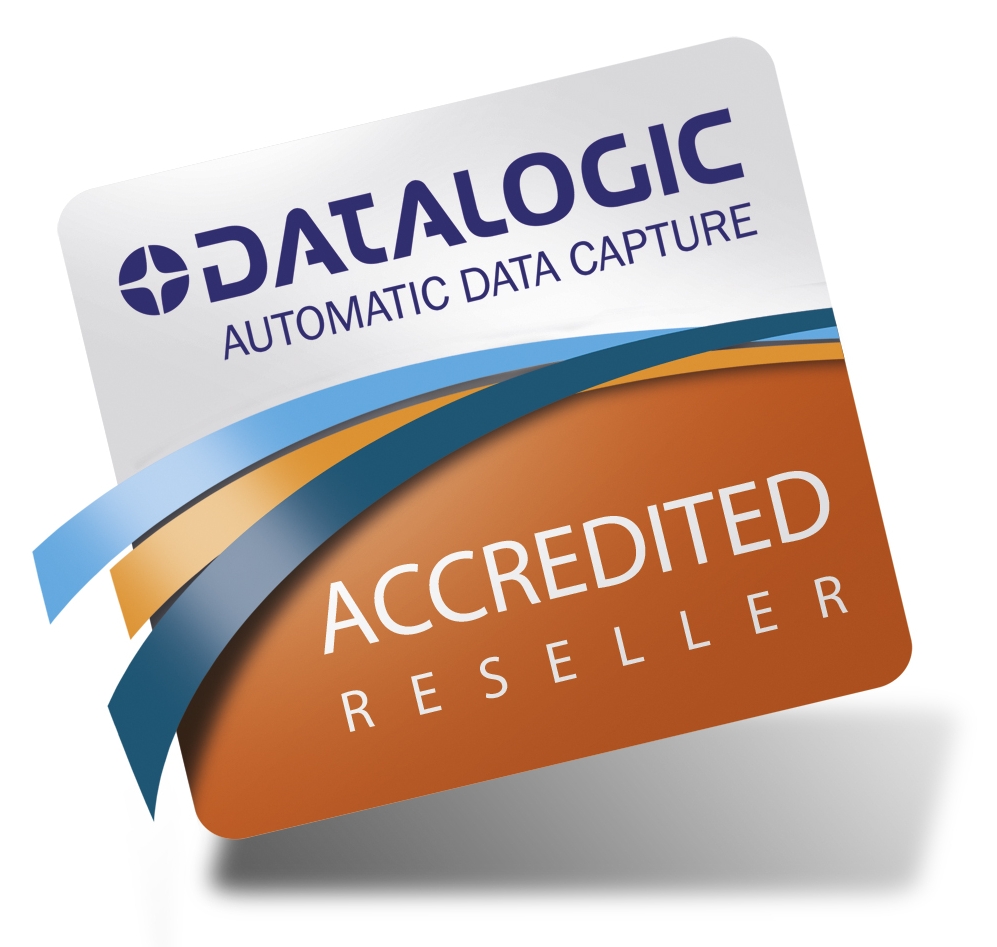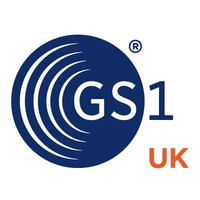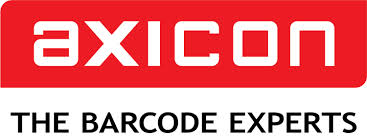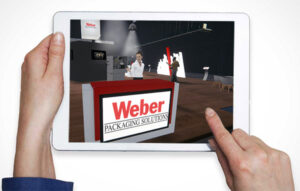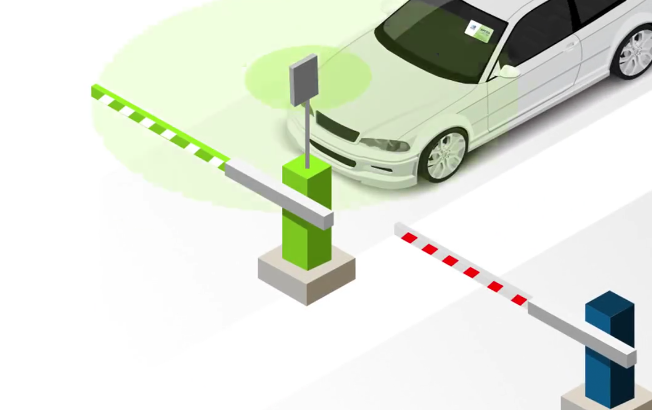
What will your children answer when asked by their grandchildren how people used to use parking garages? “You had to…
- drive into the parking garage,
- pull a ticket (where the barrier opened, if there were still places left, otherwise you had to wait in the queue until someone got out),
- looking for a space,
- then park,
- put the ticket in your pocket,
- do what you had to do
- looking for the ticket in your pocket,
- insert the ticket into the pay machine,
- pay (if the machine worked and then mostly with cash, sometimes only with small change),
- looking for the car,
- drive to the barrier,
- insert the ticket (whereupon the barrier opened),
- and finally leave the car park again! “
RFID labels for vehicle identification
The car park operator Apcoa wants to simplify this procedure with the “Flow” service: No more tickets, no more on-site payment, no more parking space search! This is emerging with the help of RFID labels on the windscreen. In future, this chip will serve as a “digital key” in 200 Apcoa car parks. Sensors detect the RFID chip and open the barriers automatically.
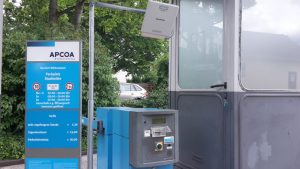
Accompanying App “Flow”
The system settings are created in the Apcoa app “Flow”. Billing will then be done via a previously deposited credit card. There are additional fees of 39 cents per transaction. The RFID chip costs only 4.95 euros. The app also helps in finding the nearest ticketless parking areas and displays its capacity.
It is planned that in the future even parking spaces in the parking garages can be reserved via the app. In addition, the provider plans a payment for street parking via app. By the end of 2018, all 300 parking garages from Apcoa will be equipped with RFID technology .
RFID is increasingly used for vehicle identification. For example, we talked about suppliers like Tönnjes who use the so-called IDplate and windshield stickers with integrated RFID chips.




